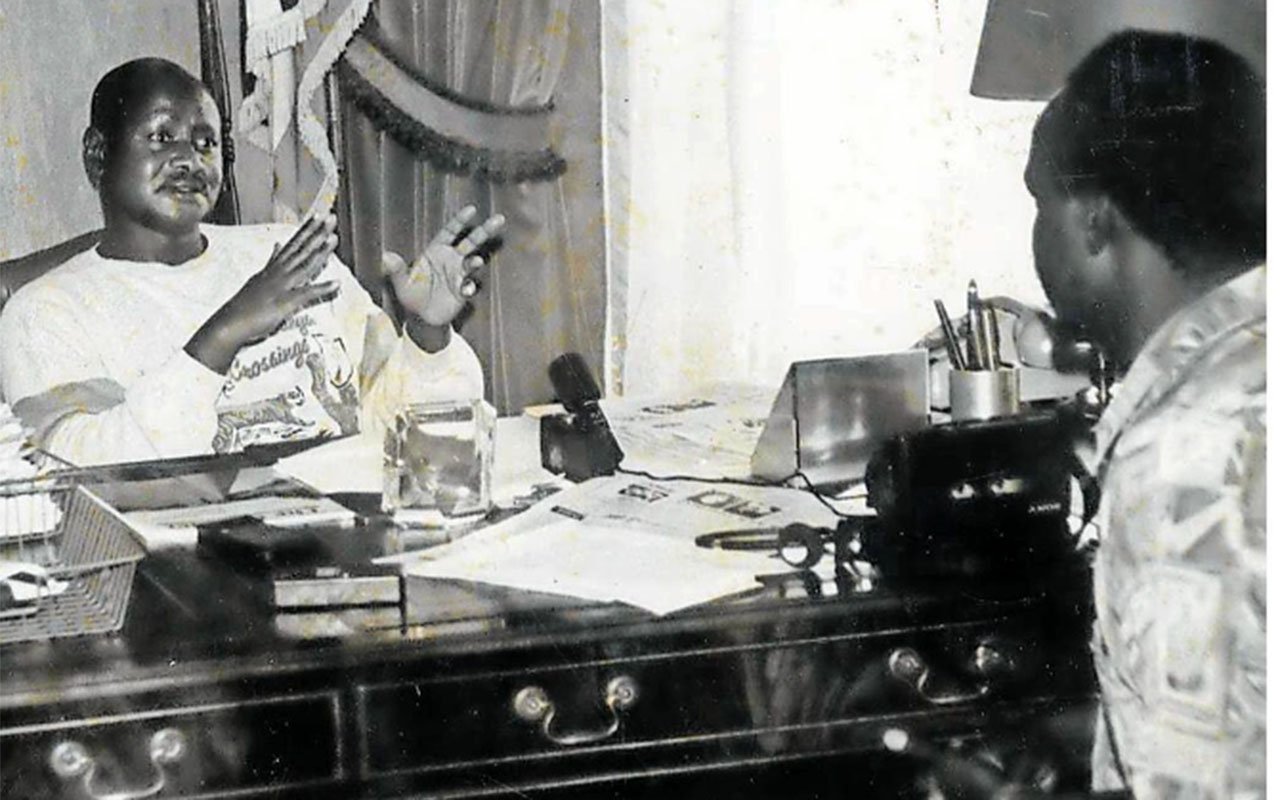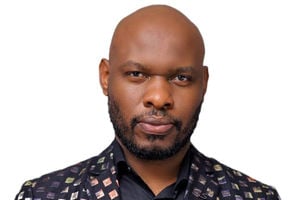Prime
We will liberate entire Somalia, says President Sharif Sheikh

President Ahmed
Somalia has been rocked by civil wars for more than 20 years. But following the deployment of African Union peacekeepers consisting of troops from Uganda and Burundi, peace is slowly but surely returning in the country. Risdel Kasasira recently attended a press conference addressed by Somali President Sheikh Sharif Sheikh Ahmed in a local language at his Palace in Mogadishu. Below is the translated version.
What can you list as your achievement ever since you came to office?
I cannot summarise within this short time what I have done since I became president. But I have tried to build a police force and an army that will defend the interests of Somalia. We have spent a lot of time trying to improve the security situation in Mogadishu. We are also are building institutions, justice. We have done a great job.
Somalia has been rated among the most corrupt countries. What are you doing to fight the vice?
It is unfortunate that Somalia has been listed among the most corrupt countries. But this is because we do not have a strong government that can defend our country against these false accusations. We have built a strong Finance Ministry which is supervised by professional people. Right from the minister, his deputy and other technical people, they are all competent people. We have reformed the Central Bank. We really do not have lots of problems like many people have portrayed. Secondly, we do not have resources to steal. We do not have a lot of revenue for people to steal. Somalia is still a poor country. It is unfortunate that Somalia has been bundled with other countries that have been rated as the most corrupt.
There are reports that President Museveni is ruling Somalia from Kampala and that he is the one who forced the Prime Minister (Mohammed Abdallahi Mohammed Fermajo) to resign. What is your comment?
The resignation of the Prime Minister had nothing to do with President Museveni. This was a Somali issue that was resolved internally and we agreed that he resigns to end the deadlock. He resigned for the sake of Somalis and the country. He decided to resign to allow the transition go on. I talked to him and he agreed to resign. As you witnessed, the new Prime Minister was introduced to the Somalis today and we are ready to develop our country. I think for the time you have been here, you have also noticed a difference.
Why do you think there have been many wrangles at the Prime Minister level and do you think the new Prime Minister will keep the job for long?
Managing Somalia politics requires you to make changes and hard decisions and I have made them. You must take decisions as a leader. The resignation of the Prime Minister was a decision to save the country. But we are stronger than before and we will move forward. The new Prime Minister is a very hardworking person and well educated. He has a PhD from Harvard University. He formerly worked as a Minister for Finance and deputy Prime Minister. I am very happy to appoint him as the Prime Minister because he understands and knows what to do. I strongly believe that he is ready for the challenge.
When you were at Kampala recently, you spoke passionately on the need to extended the transition for one year. What is it that you haven’t done and you would want to accomplish in the next one year?
Our main focus is security. We want to liberate Mogadishu and the entire Somalia. This will give us a chance to start on other areas like job-creation for the youth. We would like to also complete the process of making the constitution. Another thing we want to accomplish is to have regional governments in Somalia. Strengthening government institutions like justice and police is also among our plans. We also need to provide services to the people in the liberated areas. We need to first create an environment that will help us to have elections without rushing and cause problems.
Is it possible to remain with the current Cabinet with only the Prime Minister replaced? There are also rumours doing rounds that you have sacked the Mayor of Mogadishu. What is your comment?
According to the law, when the Prime Minister is appointed, he has to appoint a new Cabinet. I think those who have been doing their work well, will return. It is the Prime Minister to handle that matter. On the issue of the mayor, I appointed him to do the job and I like the way he has been working. He is hard-working and there is no need to remove him from that position. He has been working on roads and removing garbage. He is really doing a good job.
There is belief that ever since you reconciled with the Speaker Sheikh Sharif Aden, he is now giving you orders on what to do and that you are no longer an independent President.
It is unfortunate that people say that. In Somalia, when you have disagreements, people complain. When you start working together, they question why you have reconciled and why you are cooperating. It is confusing but we are used to it. What Somalis should appreciate is that we are working together for the good of this country and not for any other reason. When I first met the Speaker in 2006, he knew that I was hard working and I was making independent decisions and I will remain the same.
What I like about this government and cooperation is that we have agreed to move as a country. I want to tell you that Somalia is heading in the right direction. I have trust and confidence that the new Cabinet will continue with good work that Mr Farmajo was doing. I would also like to thank Uganda, Burundi and other countries for the support they have given us.
We think the Somali problem should be solved by Africans.




